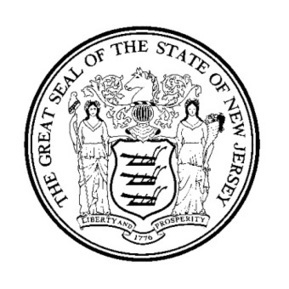 This is an important blog to read about Robin Williams. I have to admit that I did not know that he had dyslexia although I was well aware that Whoopi Goldberg had it.
This is an important blog to read about Robin Williams. I have to admit that I did not know that he had dyslexia although I was well aware that Whoopi Goldberg had it.
It is so important for us to realize that dyslexia and other learning struggles do have an impact on children. What they don’t need to hear is that they have to work harder and then they will get it. What they need is for teachers and parents to realize that the “usual” way of teaching them might not be fitting, and to look at other methods which have evidence to back that they help. The use of multisensory, structured, language-based reading approaches have been around since the 1930’s but most schools still don’t use them, even for the struggling readers. While the most severely impaired students with dyslexia may not make as much progress they still will make more than with the right brained approach of look/memorize, write and rewrite approach. They need to have the left side of their brains activated in order to develop the phonemic and phonologic neural pathways.
I hope that you approach children differently who are struggling with learning after you read this.





